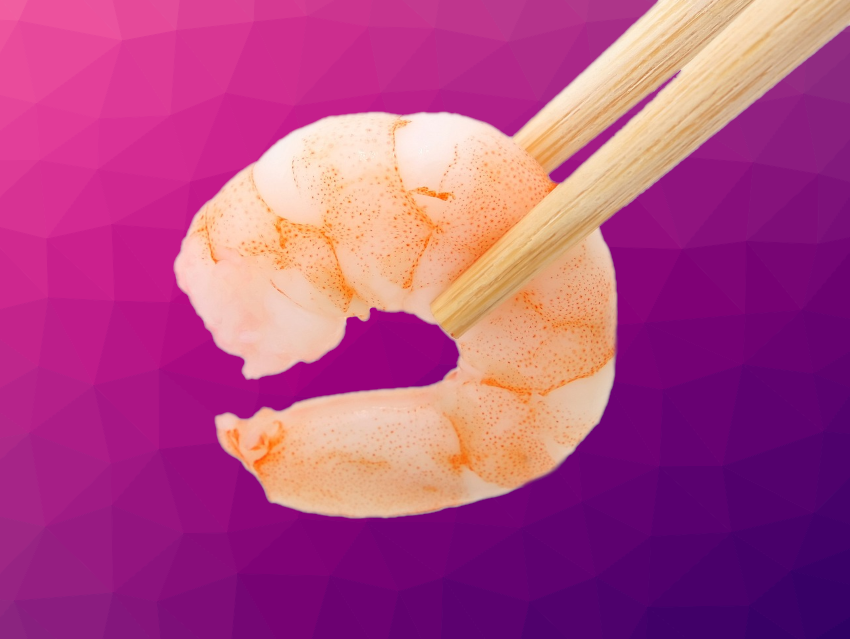Shellfish allergies are common food allergies. The immune system can mistakenly identify some proteins from these foods as harmful, causing an allergic reaction. Milder reactions can cause, e.g., gastrointestinal symptoms or hives, but allergies can also cause life-threatening, severe reactions known as anaphylaxis. The proteins in food can be affected by heat during cooking, which might prevent antibodies from recognizing them and make the food less allergenic, but could also induce changes that increase reactions in some cases. During heating, proteins can lose their secondary and tertiary structures, but also form new intramolecular or intermolecular bonds, which can destroy or create binding sites for antibodies (epitopes).
Na Sun, National Engineering Research Center of Seafood and Liaoning Engineering Research Center of Special Dietary Food, Dalian Polytechnic University, China, and colleagues have investigated how allergens in shrimp change during post-processing. The team obtained samples of frozen shrimp (Penaeus vannamei), separated them into three different groups, and processed them. One group was just thawed and left raw, the second was roasted at 200 °C, and the third group was roasted and then treated with reverse-pressure sterilization. In this process, the shrimp were exposed to high pressure and steam. All three groups were mashed into pastes, and the proteins were extracted. The different protein samples were administered to three groups of mice, in addition to a fourth group receiving only a saline solution as a control.
Both the raw and roasted shrimp caused allergic reactions in the mice, suggesting that roasting did not reduce the allergenicity of shrimp significantly. The group that ingested shrimp proteins additionally treated with reverse-pressure sterilization had milder reactions. The team characterized the shrimp protein structure. They found that roasting induced unfolding of the proteins, which may reduce some of the allergenicity, but can also expose antibody binding sites that depend on continuous parts of the protein sequence (linear epitopes)—leading to similar allergic reactions than with raw shrimp. Reverse-pressure sterilization caused the proteins to aggregate, and thus, “hides” binding sites from the immune system and prevents more severe allergic reactions.
- Reduced Allergenicity of Shrimp (Penaeus vannamei) by Altering the Protein Fold, Digestion Susceptibility, and Allergen Epitopes,
Kexin Liu, Songyi Lin, Xingchen Gao, Shan Wang, Yao Liu, Qiaozhen Liu, Na Sun,
J. Agric. Food Chem. 2023.
https://doi.org/10.1021/acs.jafc.3c01557




